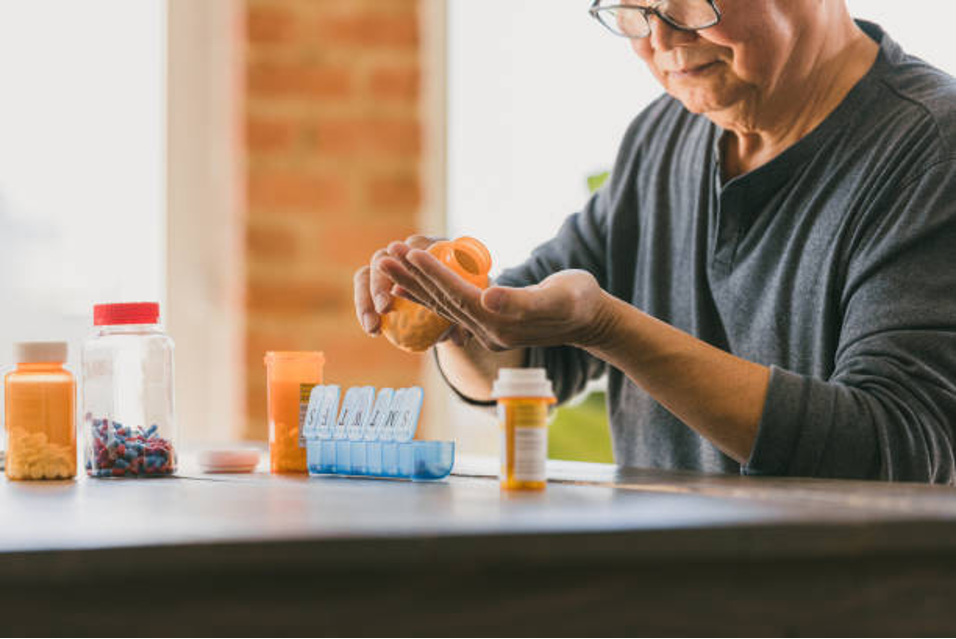
During any surgical procedure, it is crucial that the doctor performing the procedure is aware of all the medications you are taking. It is especially critical with blood thinners. Blood-thinning medications do more than just prevent heart attacks, strokes, and other serious issues. They also help to regulate the body and reduce the risk of bleeding; if you take blood thinners, your 60467 oral surgeon will need to take extra precautions.
A description of how blood thinners work
Generally speaking, blood thinners are categorized into two categories: The first one works to prevent blood clotting. This category includes medications such as aspirin and Plavix. Anticoagulants are the second category of blood thinners. Anticoagulants work by preventing your blood from clotting. The medications can help prevent life-threatening conditions such as strokes, heart attacks, and pulmonary embolisms, which are all caused by blood clots. Coumadin and Warfarin are both examples of anticoagulants.
Here are a few things our oral surgeon should know.
Be sure to tell us about any medications you are taking during your oral surgery consultation. We need your complete medical history to ensure your safety and proper treatment. Our oral surgeon may ask why you are taking each medication so we can determine if you have any side effects or other concerns that could affect your oral surgery.
What to do before surgery
Consult your doctor before stopping medication. Your doctor might suggest blood tests based on your medical history. Communicating with your primary care provider is crucial. Consult with your doctor about drug interactions if you need to take additional medications during your treatment.
Oral Bleeding: How to Reduce It
Oral surgery can result in bleeding, but the results will vary from patient to patient. Applying firm pressure for up to 30 minutes is the most effective way to minimize oral bleeding. Applying gentle pressure with gauze is recommended to reduce bleeding. You may be asked not to drink hot liquids and not to rinse your mouth for the first day after your oral surgery. We recommend that you avoid foods with sharp or rough edges that could irritate your gums. If you smoke after oral surgery, it will certainly increase the bleeding. It will also dislodge the blood clot at the surgical site and postpone the healing process. Do not drink through a straw following your surgery, since this will also dislodge the blood clot and cause a painful condition known as a “dry socket.”
Any oral surgery requires an in-depth understanding of your medical history by our experienced surgical team in Orland Park. Based on this information, we can determine the best solution for you to ensure your safety.
For questions about medications or oral surgery, please contact our Orland Park, IL dental office.







